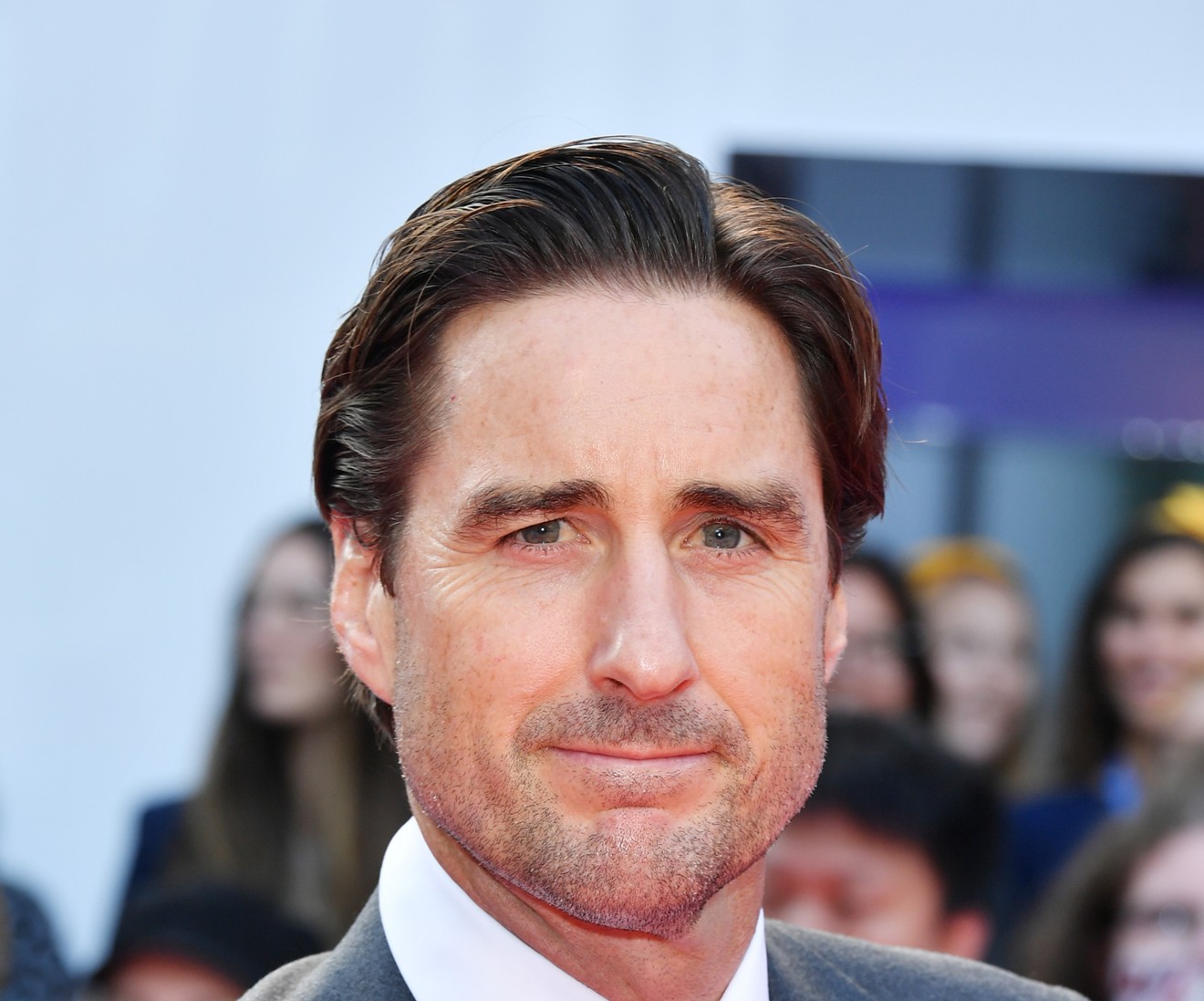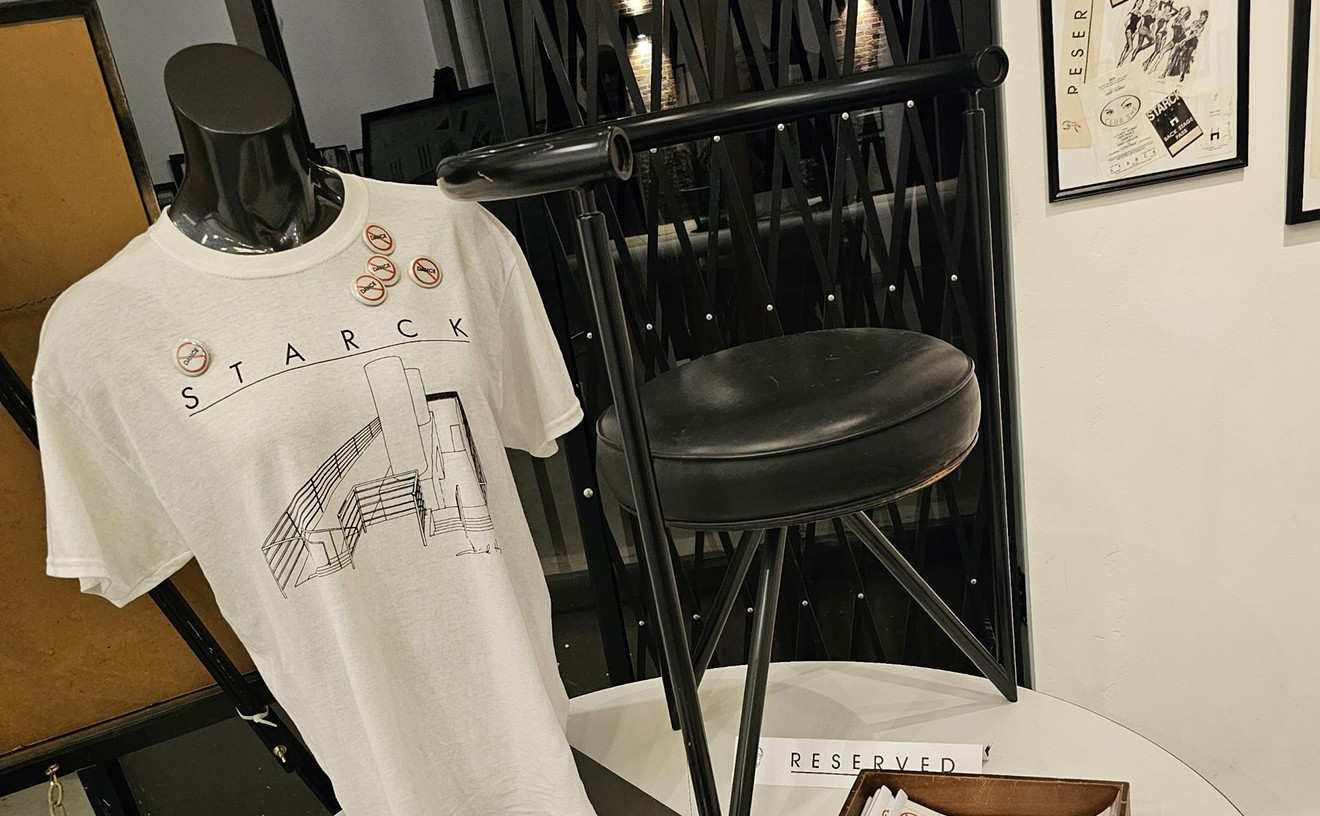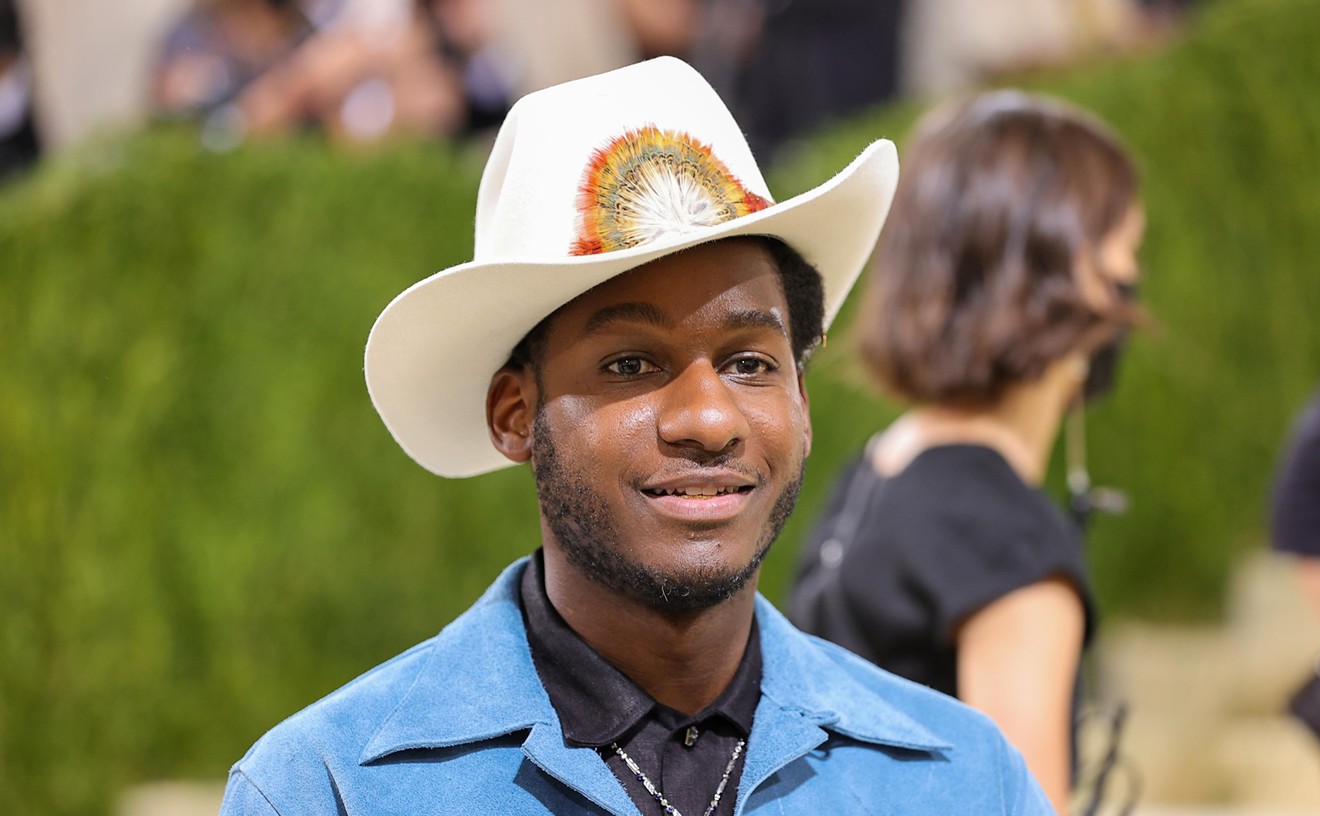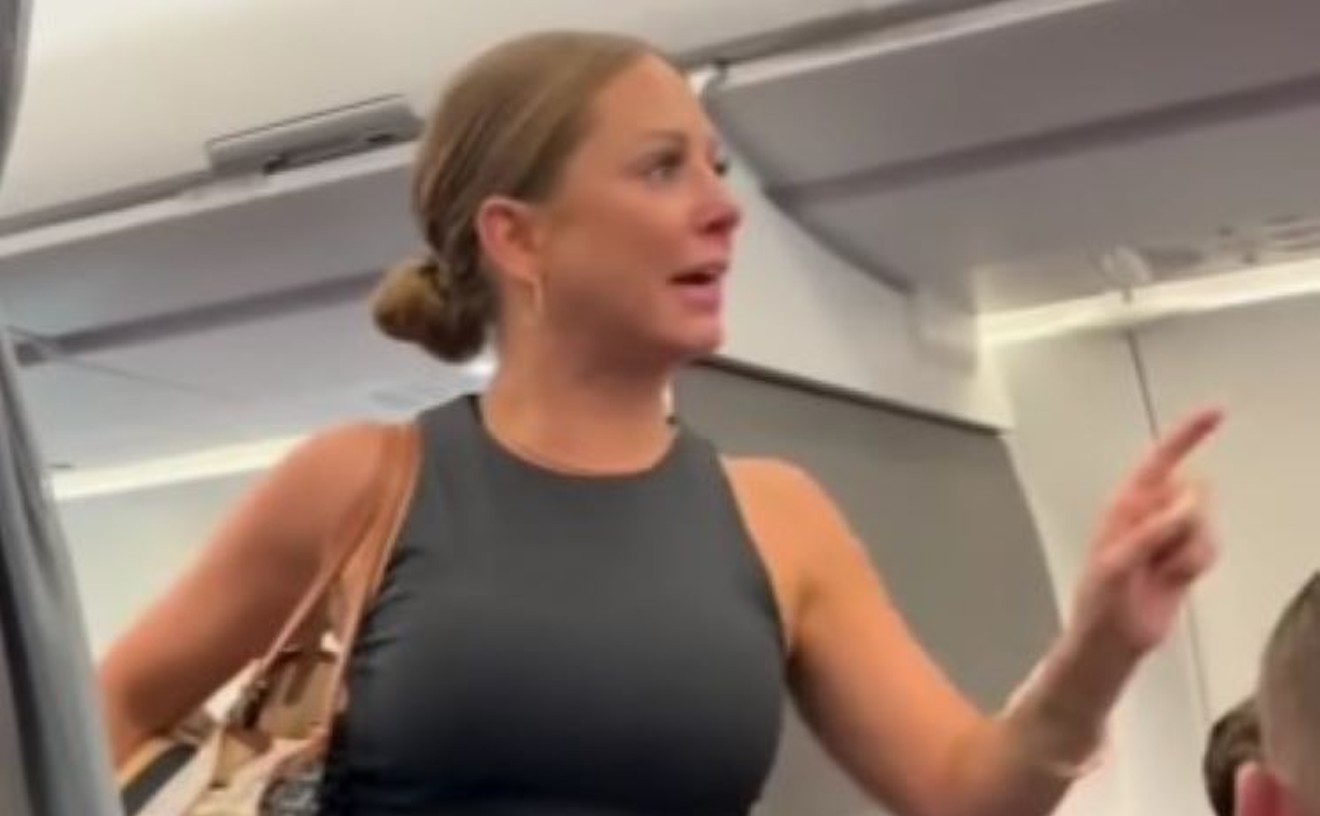“I can’t believe I never saw it in a Dallas bookstore or in Book People in Austin because I’ll always go through the sports section and the biography section and the Texana section,” Wilson says. “When I did sign on to do it, quite a few of my friends were like ‘Oh, that’s a great book, I love the book.’ Friends of my parents who were older were aware of it and the actual story. Once I got the script, I went and read the book, which I really enjoyed.”
12 Mighty Orphans tells the incredible true story of Rusty Russell, an inspiring high school football coach who led a team of misfits at a Fort Worth school for orphans all the way to the state championship during the heights of the Great Depression.
Wilson had worked with Midland filmmaker Ty Roberts previously and leaped at the chance to reunite with the director by playing Russell in the hotly anticipated adaptation.
“He and I had worked on a few movies in Texas together and just became friends,” Wilson says. “It’s definitely one of those things where I feel very lucky I had the chance to do it, to get to play a real person and a real character. It is very interesting to get the chance to do research and to read about somebody and take notes, as opposed to kind of winging it.”
As moviegoers were unfamiliar with the man who led the team, Wilson felt that he would be able to offer his own take on Rusty’s story. But meeting the Russell family and hearing recordings of the elder coach helped him flesh out the personality of the man he was portraying.
“I got to spend a lot of time with Rusty’s grandson, who was in his mid-sixties,” Wilson says. “That was really helpful and really affected how I portrayed Rusty. He spoke about his grandfather Rusty so lovingly. He was such a decent guy from another era.”
Although it wasn’t diagnosed at the time, Russell had suffered from PTSD stemming from his harrowing experiences in World War I.
“He would’ve gone through hell in that war and was just from an era where you didn’t talk about your feelings or things that might have you worried or concerned,” Wilson says. “If you could’ve seen anyone turn to drinking or shut off emotionally or to not be kind, he kind of went in the opposite direction.”
Learning about Russell’s selflessness excited Wilson; the man had turned down coaching a team at a prestigious program in Tyler to work with the underprivileged youths. Wilson says he learned to step outside of himself in order to appreciate that inherent kindness.
“If you’re playing someone who's kind of stoic you can get caught up in thinking 'Oh, I want this guy to be dynamic or be interesting or say interesting things or have snappy dialogue,’” he says. “Playing somebody stoic from the '30s, I would have to remind myself ‘It’s not just you.’”
The dramatic role was a change of pace for Wilson, who is perhaps best known as the funnyman from films such as The Royal Tenenbaums, Legally Blonde and Old School. The actor says the immediate goal of landing a joke has anchored his comedic performances in the past.
“It’s kind of fun to do comedy, because your goals are so clear,” he says. “I never get as far as thinking about an audience, but if you can get the crew laughing, or the director thinks it's funny or the other person in the scene thinks it's funny, you can kind of relax and get in a good flow.”
Still, getting to work within a period piece was something that drew Wilson to 12 Mighty Orphans. He says the era-accurate production design, costumes and dialogue helped immerse him in bringing the story to life.
“The music back then, the way people acted, the way people treated each other — it was a completely different approach to life,” he says. “At the same time, you have some of those universal themes back then, good and evil, you have kind people like Rusty and Juanita, then you have people like Wayne Knight’s character, who's a bad guy exploiting this cheap workforce.”
12 Mighty Orphans opens in limited release on June 11 and expands nationwide on June 18. The shoot gave Wilson the chance to mentor a cast of younger actors, not dissimilar to how Rusty himself had inspired his young team.
“I had such a great time with those guys,” he says. “They were so nice and so funny, and in their own way they weren’t overwhelmed by it. They had a kind of curious approach to it, which I thought was really fun and inspiring in its own way.”
The youthful energy of his young co-stars reminded Wilson of his own feature film debut in the landmark independent film Bottle Rocket, which he made alongside brother Owen Wilson and frequent collaborator Wes Anderson.
“I just remember the crew being so nice to us, and the cast,” Wilson says. “James Caan, he was so friendly with us. We were working hard and doing our best, but we couldn’t have been less prepared for what we were trying to do. We were making a motion picture for Columbia Pictures, and all we’d ever done was a 16-minute short film which we’d done ourselves.”
The young actors weren’t the only ones learning during the shoot; Wilson got to share many scenes with veteran actor Martin Sheen, who co-starred as the school medic Doc Hall. Sheen’s professionalism and strong work ethic made Wilson enjoy the filming process even more.
“I know that I’ve worked with people that got started in a different era like Martin who are used to having a ton of time and are used to waiting for hours for the light to get right,” he says. “We were moving really quickly and on the fly, and Martin just had the greatest attitude about it and was just so game for anything.”
Sheen proved to be a father figure on set, and Wilson said his easygoing nature evoked memories of his own father.
“He just loved being around these boys the same way I did,” Wilson says. “One day I asked Martin and said, ‘My dad, having three sons, we kind of drove him crazy, did you like having boys?’ Martin had four sons and said, ‘My only regret is I didn’t have four more boys!’ He really meant it and just had the greatest attitude.”
“It’s kind of fun to do comedy, because your goals are so clear ... If you can get the crew laughing, or the director thinks it's funny or the other person in the scene thinks it's funny, you can kind of relax and get in a good flow.” – Luke Wilson
tweet this
Wilson considers himself a casual football fan, and although he regularly follows the Cowboys, he has friends who’ve mocked him for not being aware of the Dallas team’s league standing and draft picks. Regardless, learning about the early strategic decisions made by Russell intrigued Wilson.
“I’m much more of a personal interest kind of guy. I just like reading about certain characters and storylines,” he says. “You never think of somebody coming up with something like the wing-T or all these things that happen in sports when people come up with revolutionary ideas.”
Wilson says he was keen to begin the rehearsal process early on in order to nail all the specific gameplay references.
“I can learn dialogue pretty quickly and have always had fun doing it, but I really had to start a month or so out because I really wanted it to seem natural,” he says. “Even the teaching stuff, the idea of me teaching math would be like a nightmare!
"I really wanted all those classroom and teaching scenes to seem like this is where this person feels very at home and was very confident playing that role.”
Likening the role of a coach to that of a film director gave Wilson a comparison he could identify with.
“You’ve got all these different personalities and you’ve got to get the most out of each person and you’ve only got a season to do it, or only got the length of a shoot to do it,” he says. “Rusty had to deal with these different kids, who on top of how hard it is to be a teenager and puberty and growing and girls and school and boys, these were orphans. There’s that unbelievable hardship that they were already dealing with.”
While the story itself had several dramatic highs, Wilson says the Fort Worth shoot was a fun one, and he particularly enjoyed visiting restaurant Joe T. Garcia’s after a day of filming. Wrapped up just around Thanksgiving 2019, 12 Mighty Orphans would face the same hurdle affecting the entire industry: movie theaters just weren’t open to screen it.
“It kind of starts to feel like a dream you had,” Wilson says of the film’s in-limbo release date in the early days of the pandemic. “Also just being aware that even good movies sometimes nowadays don't come out or people discover them later or over the years. I’m basically kind of prepared for anything when that happens.”
Wilson says that Sony Pictures Classics picking up the film was “the best possible scenario,” as he’d always seen the film as a potential audience favorite.
“In the old days I would just consider something a failure if it didn’t go to a theater, even if it didn’t hit the Magnolia or the Landmark,” he says. “At least one or two screens, you just want a movie to get to that.”
Through Sony’s gradual release plan, the film will reach a wide range of Texans, which Wilson finds beneficial.
“I think people will be really into it in Texas, and Sony has this great release platform where it’s going to be in these big cities and then it’s going to be in all these smaller towns in Texas,” he says. “I’ve never had something like that happen with a movie where they’re going, ‘OK, we’re just going to focus on some of these smaller towns too.’ Anything that gives people the chance to see it and the chance to see it on the big screen is great.”
Like everyone else, most of Wilson's own viewing in the last year has been at home, but he says the magic of the big screen is unparalleled.
“I was kidding around about it with Owen the other day,” he says. “You’d go to Northpark 1 and 2 and the AMC ad would go up and your heart rate would start to go up knowing that you were about to take a little ride.”












